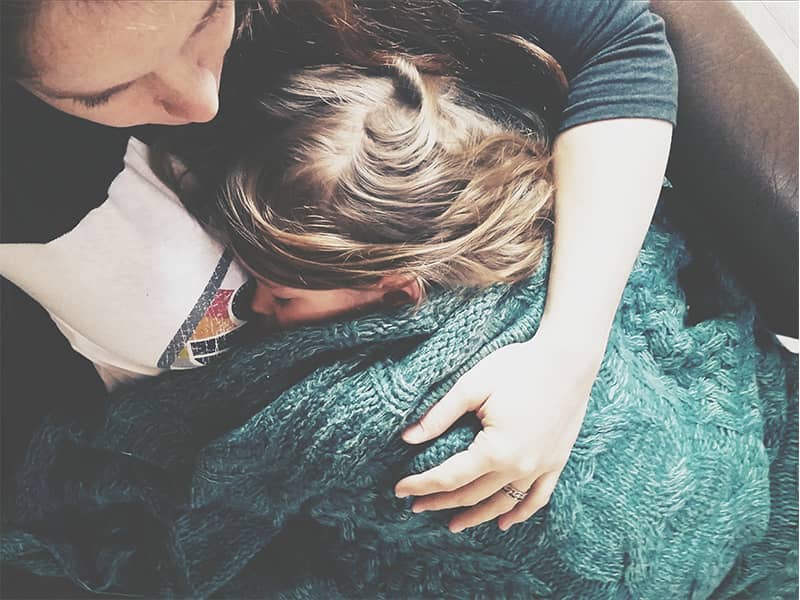And prenuptial agreements are not the instruments of evil that many naysayers claim them to be.
In the late 1800s, along with countless other Eastern European Jewish families, my great-grandparents arrived in this country and struggled to make a comfortable life for their family. They settled in St. Louis and went into the business of making and selling jewelry. My great-grandmother kept the books, my great-grandfather made the jewelry. They were scrupulous about finances, and they were able to accrue significant savings.
The money they earned was carefully invested and safeguarded within the family when my grandmother, their daughter, married, and again when my mother married my father in 1969, in both instances with a prenuptial agreement. That money paid my college tuition. It paid for summer trips when my brother and I were children. I never knew it existed.
But when I became engaged to Daniel, my now-husband, my mother told me about a promise that she had made to her mother--that my brother and I would sign prenuptial agreements, no matter who we married, in order to protect my great-grandparents' savings for future generations.
When I discussed the matter with Daniel, he balked at first. If we ever got divorced, he said, he would be so devastated, the last thing he would care about would be money. I said, "I know. I don't think our marriage will ever end. Our commitment is forever. But this has nothing to do with who you are or who I am. My great-grandmother was afraid of one thing when she was alive--that a stupid mistake would bring her family back to the poverty under which she had suffered. We'd do this to honor her."
Daniel agreed to sign the document, after long conversations with me, my
mother, and my father
--who had experienced his own reservations about signing a prenup. My father said that my grandfather had told him two simple things to assuage his concerns.
First, he said, the prenuptial agreement is a piece of paper that you sign, put in a safe-deposit box, and never look at again. If having a prenup dominates your mental picture of your marriage, something else is wrong--something that would not be remedied by the absence of the document.
But there was a complicating factor even after Daniel agreed to sign the agreement. We had observed Daniel's parents become extremely upset when Daniel's cousin had signed a prenup before her marriage to a wealthy businessman. We became worried that his parents would sour to the idea of our marriage if they knew we had a prenuptial agreement. There was the likely possibility that if we even broached the subject, things between us would never be the same again.
Daniel was, rightly, unwilling to sign the agreement and not tell his parents. But it left my mother torn between two cherished values--the value of ensuring that her daughter would have a loving relationship with her in-laws, and the value of honoring a promise made to her family years ago.
She chose the former.
She said that she had decided that my future relationship with Daniel's parents was not something that she took lightly and was not something she was willing to risk. She told me she trusted us both to honor my great-grandparents' memory--and their intentions for their money--in our marriage. Ultimately, she felt satisfied with the decision, but it was a torturous one for her to make.
This is why I object to Rabbi Boteach's overly simplistic characterization that prenuptial agreements represent a couple's choice of money over love. In our case, we were forced to choose between loves--the love and respect I have for my great-grandparents, and Daniel's love for his parents.
I realize that we were fortunate that our love for each other was not thrown into this mix; too often, as Boteach points out, each partner finds him- or herself on a different side of the battle line. But even though we decided not to have a prenuptial agreement, I can't agree that our decision to have one would have represented anything more than our humble recognition that sometimes money is not ours to gamble.

